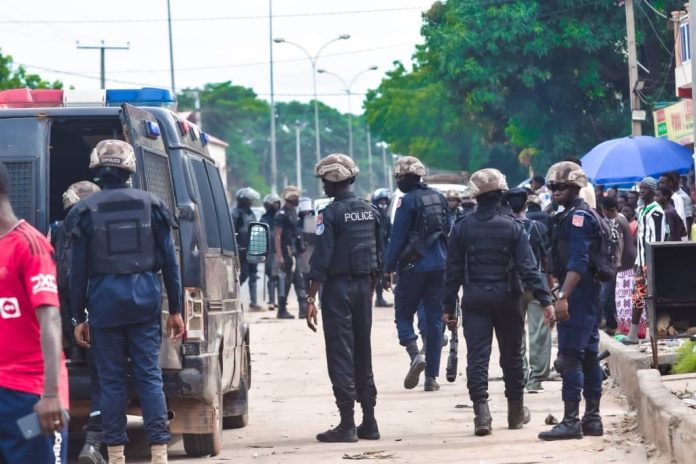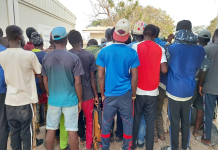By Nelson Manneh
The Gambia’s justice system has taken a decisive step in the case of the late Omar Badjie, as authorities confirmed that a Coroner’s Inquest will be convened to determine the cause and circumstances of his death. A coroner’s inquest, under Gambian law, is a judicial inquiry led by a Magistrate to establish the facts of a death, drawing on testimony from witnesses and medical experts.
The Judiciary has not yet announced which Magistrate will preside over the proceedings. Under Gambian law, the Attorney General is required to make a formal request to the Chief Justice, who in turn appoints a Magistrate to conduct the inquiry. Once appointed, the Magistrate will summon witnesses to appear, including medical doctors who carried out the autopsy, before preparing a detailed report to be submitted to the Chief Justice.
The move comes after the sudden death of Badjie. The legal weight of a coroner’s inquest in The Gambia is significant. Though the Magistrate does not establish criminal liability, the inquest is a fact-finding process designed to determine how, when, and where a person died. The report prepared at the conclusion of the proceedings is submitted to the Chief Justice and can form the basis for further legal or administrative action. In effect, the inquest provides an official and judicially recognized account of the cause of death, which can influence whether a criminal investigation or prosecution follows.
“The Coroner’s Inquest will provide clarity and closure in accordance with the laws of The Gambia,” a source within the judiciary told Foroyaa.
The Judiciary has not yet announced which Magistrate will be assigned, but Foroyaa will follow up to confirm the appointment and monitor the progress of the inquest as it unfolds.






















